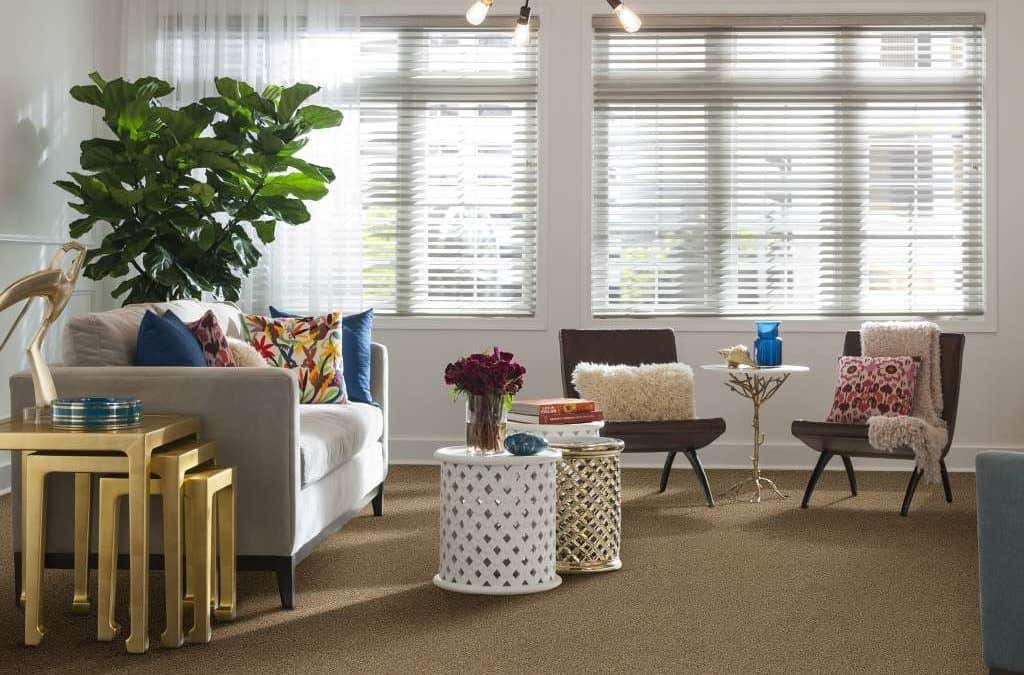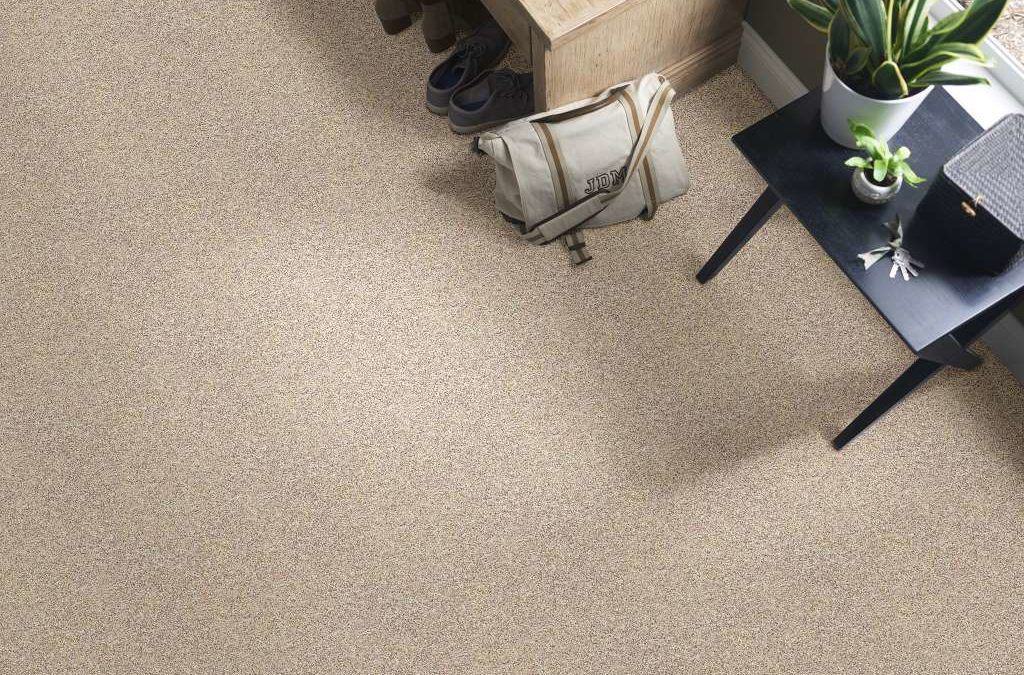
by Terry Holmes | Jul 10, 2020 | Alabama, Bamboo Flooring, Birmingham, Flooring
Bamboo is probably not the first word that comes to your mind when you think of installing wood floors in your home. However, bamboo flooring is a great option in many cases. Once difficult to find in the United States, bamboo flooring has recently gained popularity...

by Terry Holmes | Jun 20, 2020 | Bamboo Flooring, Flooring, Wood Flooring
Bamboo flooring makes a much smarter choice to install in your home because it will continue to perform for many years without any need for sanding or refinishing. Moreover, it makes an ecologically-friendly choice and helps preserve already compromised natural...




